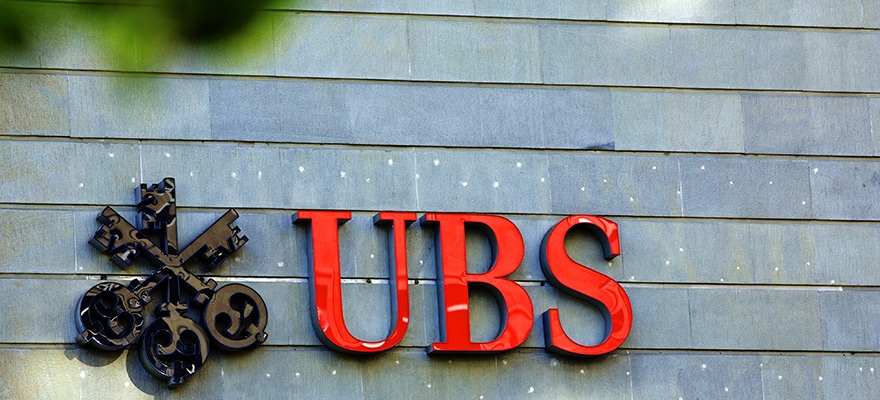UBS recommends its clients to be overweight Eurozone and Japanese shares in the coming months, as central banks remain committed to easing policy, whilst the Federal Reserve could raise rates for the first time during this monetary policy cycle.
A note to clients issued by UBS is highlighting the importance of central bank communication efforts going forward. The Federal Reserve, the European Central Bank and the Bank of Japan all have different approaches when it comes to communicating policymaking decisions.
According to the analysis by Global Chief Investment Officer of the Wealth Management division of UBS, Mark Haefele, its not about what is being said but rather how central bankers are communicating.
In his words the commitment of the Federal Reserve to be “data dependent” signifies that the central bank is committed to support the markets. With similar rhetoric from the Bank of England the Swiss bank’s team is expecting that the U.S. central bank will raise rates to 1 percent in 2016.
Chinese economic stability
Elaborating on the fundamentals of the Chinese economy, UBS is expecting that the government will continue to use the tools available at its disposal to “promote stability”. While growth is slowing, additional stimulus is not to be ruled out. Apparently the Swiss bank is supporting a baseline scenario, where Chinese authorities manage the economy carefully and avoid any bubble bursting scenario.
European Central Bank actions
With the European Central Bank (ECB) focusing on its inflation target of below but close to 2 percent, Mario Draghi is is still committed to his “whatever it takes” wording from 2011. UBS considers the ECB to be likely to continue its expansionary monetary policy throughout 2016 and is forecasting a test of recent lows in the EUR/USD.
At the same time the Swiss bank is advising its clients to be overweight European Equities for the same reasons. The forecast is expecting that European companies’ earnings will grow between 12 and 15 percent in 2015 and downplays fears about a Chinese slowdown materially affecting European firms.
Bank of Japan outlook
UBS highlights a Bank of Japan official’s quote, “When there is substantial slack of demand, devaluation and/or monetary expansion are a good policy.”
The company is recommending its clients to continue holding Japanese stocks and stresses that monetary authorities could do more to achieve the 2 percent inflation target. The depreciation effect from the renminbi is likely to support further changes in monetary policy. The Swiss bank expects that earnings of Japanese companies will rise 18 percent throughout the year.


















